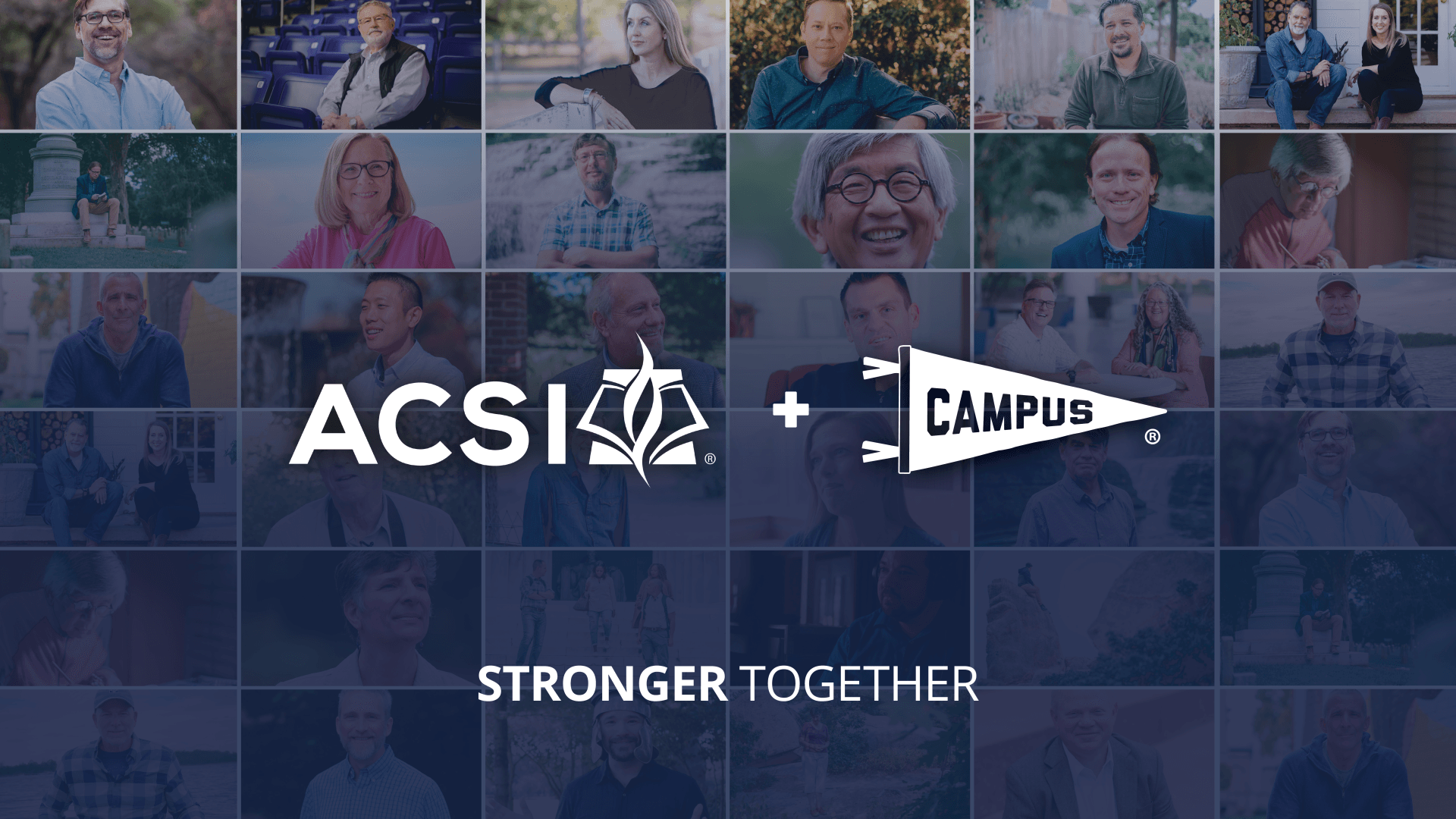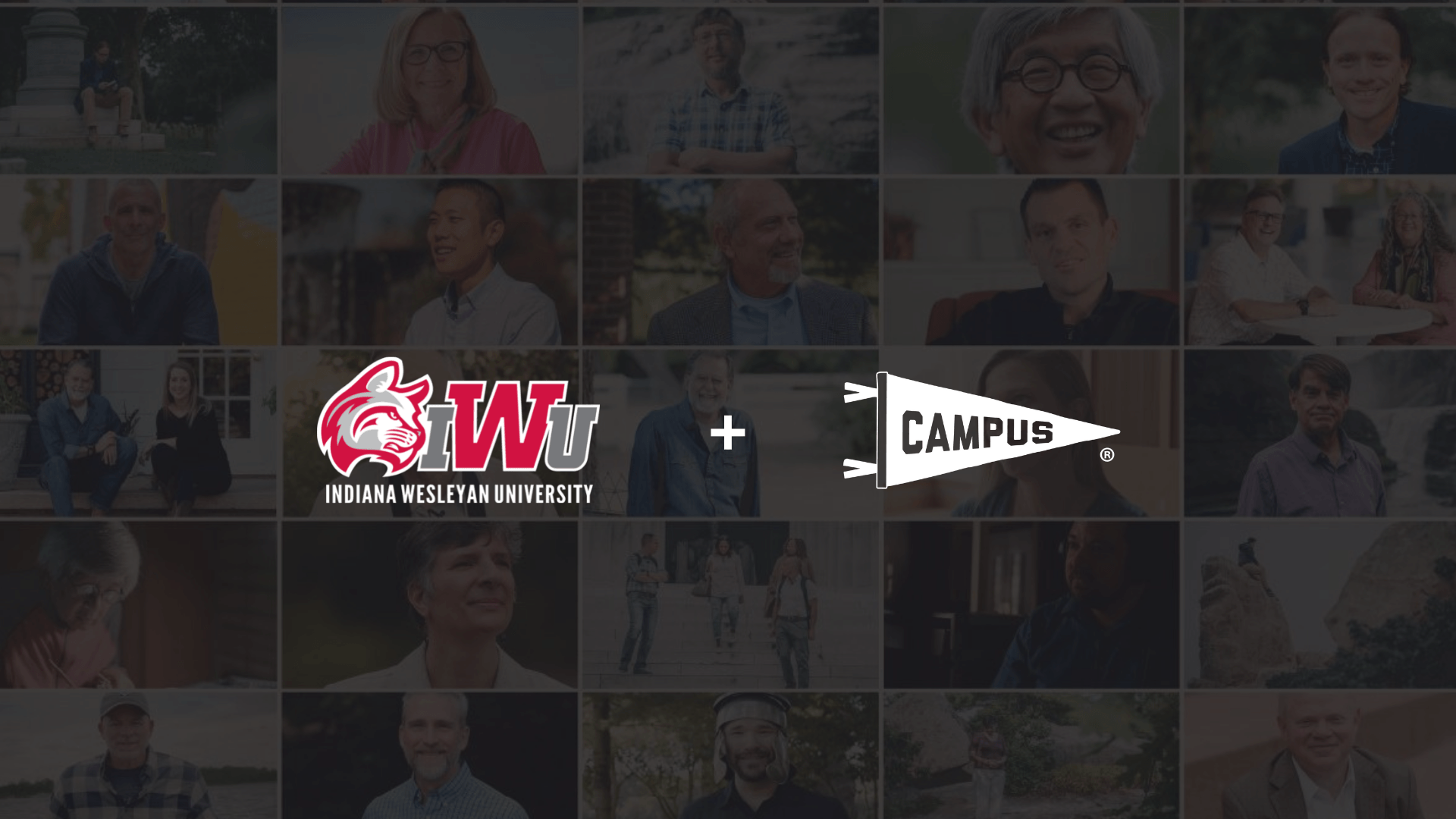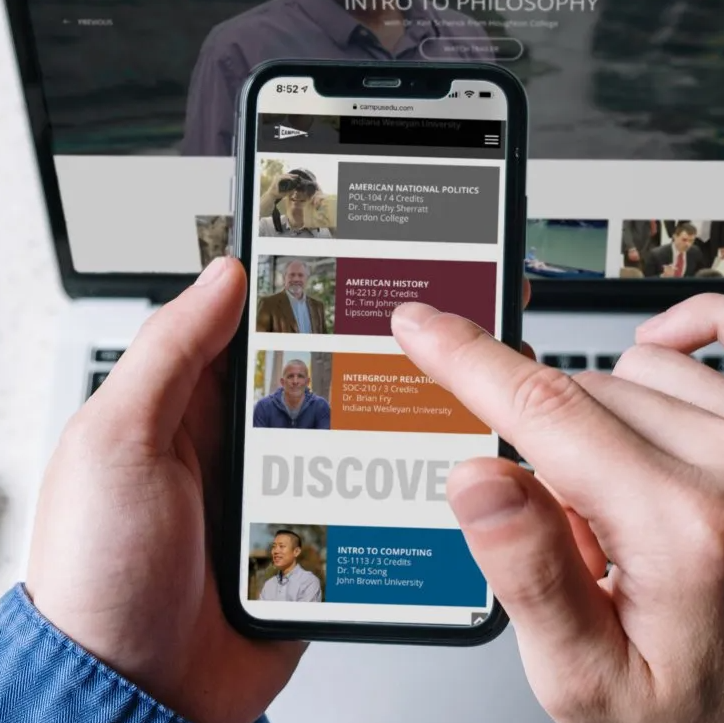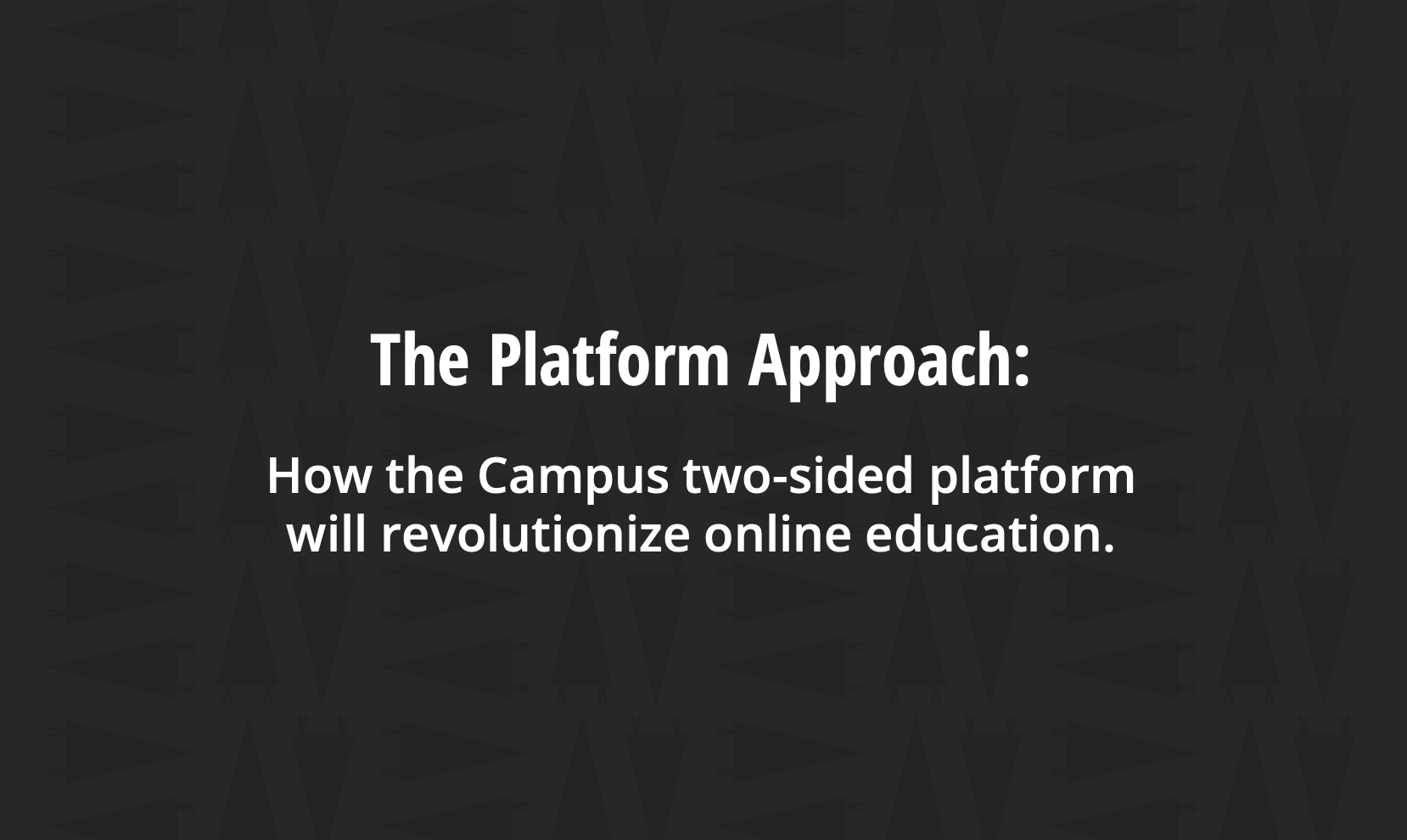The Platform Approach: Part 1
This is a subtitle for your new post

“Anytime-anywhere learning is the only way I finished my degree. I loved online.”
“I can’t do online learning. It is just so boring.”
“Self-paced learning isn’t for me. I need the weekly due dates and accountability.”
“Online courses are just read and take quizzes. I don’t feel like I learn anything.”
“My online courses were just as challenging and interesting as the face-to-face classes I took.”
Ask ten different people what they think of online learning and you will likely get ten different responses, especially after a year of
emergency remote teaching
when the experiences of online learners varied considerably. One claim that is undisputed is that online learning is here to stay. An increasing number of learners of all ages continue to choose online options even when similar face-to-face options are available. To say that X group wants face-to-face, or Y group wants online misses the nuances that exist within every group of learners. The depth and breadth of online options continue to improve as researchers and organizations
learn about what works in online learning.
Yet challenges remain. Quality is inconsistent, regulatory bodies are still learning how to evaluate and recommend improvements, and educators from kindergarten teachers to college professors are struggling to acquire new instructional technology skills. This paper describes a platform consisting of a
two-sided network
of providers (educators) and consumers (learners) of online education. For a platform to thrive, each user must make the platform more valuable for every other user.
In contrast, traditional pipeline business models maintain systems that were intended to control quality and ensure value for the consumer and the broader community. Education is a prime example of a pipeline business model. Centrally controlled systems of administration create policies and governance, recruit students, and award a credential to successful completers. As credentials continue to lose their value in the broader marketplace, so-to does the entire pipeline model that leads to those credentials.
Millennials are drowning in debt, and big
businesses are using non-college-degree methods
of finding and keeping talent.
Campus aims to create an ecosystem for Christian faith-based online learning.
The Campus platform will enable learners who desire faith-based online learning (credit and non-credit) to find educators who want to deliver faith-based online learning. The platform will enable many people to become providers and will empower many consumers to find exactly what they need.
According to Parker, Van Alstyne & Choudary (2017), successful platforms thrive when five elements work in concert with one another. These five elements create a symbiotic relationship- an ecosystem that reduces redundancy and friction for users on both sides of the network. Successful platform ecosystems consist of:
1) An increase in demand for a particular service. This provides opportunity for
2) An increase in the number and type of providers. More users and providers lead to
3) More coverage, which is our mission- to provide faith-based online education that is efficient, effective, and appealing. Then, parts four and five are the two sides of the network.
4) Learners need online options that match their needs and expectations.
5) Educators need tools, spaces, business models and delivery mechanisms that leverage their unique expertise and aptitudes. When these five elements of the ecosystem work in tandem, the inefficiencies and dissatisfaction with many of today’s systems are addressed.
Parker, G., Van Alstyne, M., & Choudary, S. P. (2017). Platform revolution: How networked markets are transforming the economy - and how to make them work for you (First published as a Norton paperback). W.W. Norton & Company.
(PART 2 COMING SOON!)
The Campus Blog







